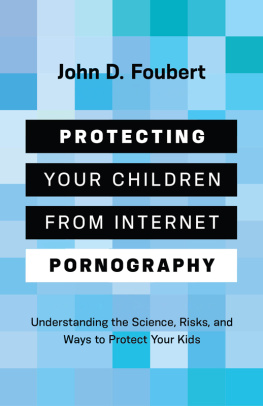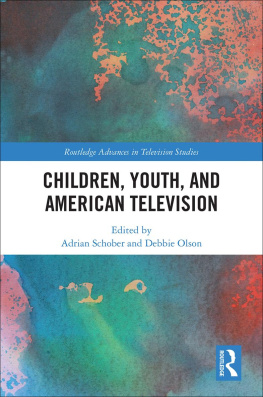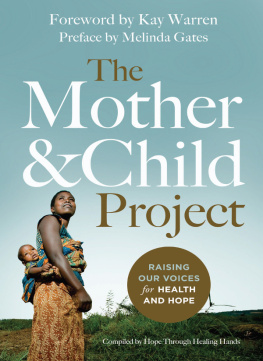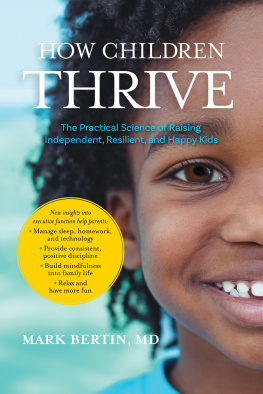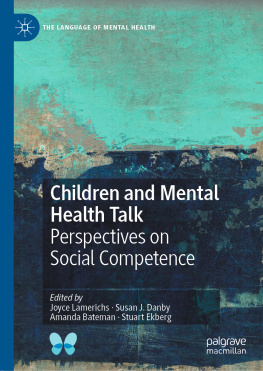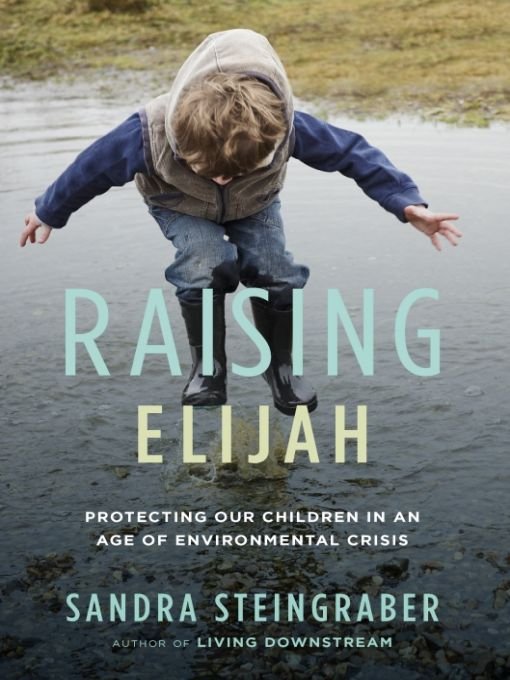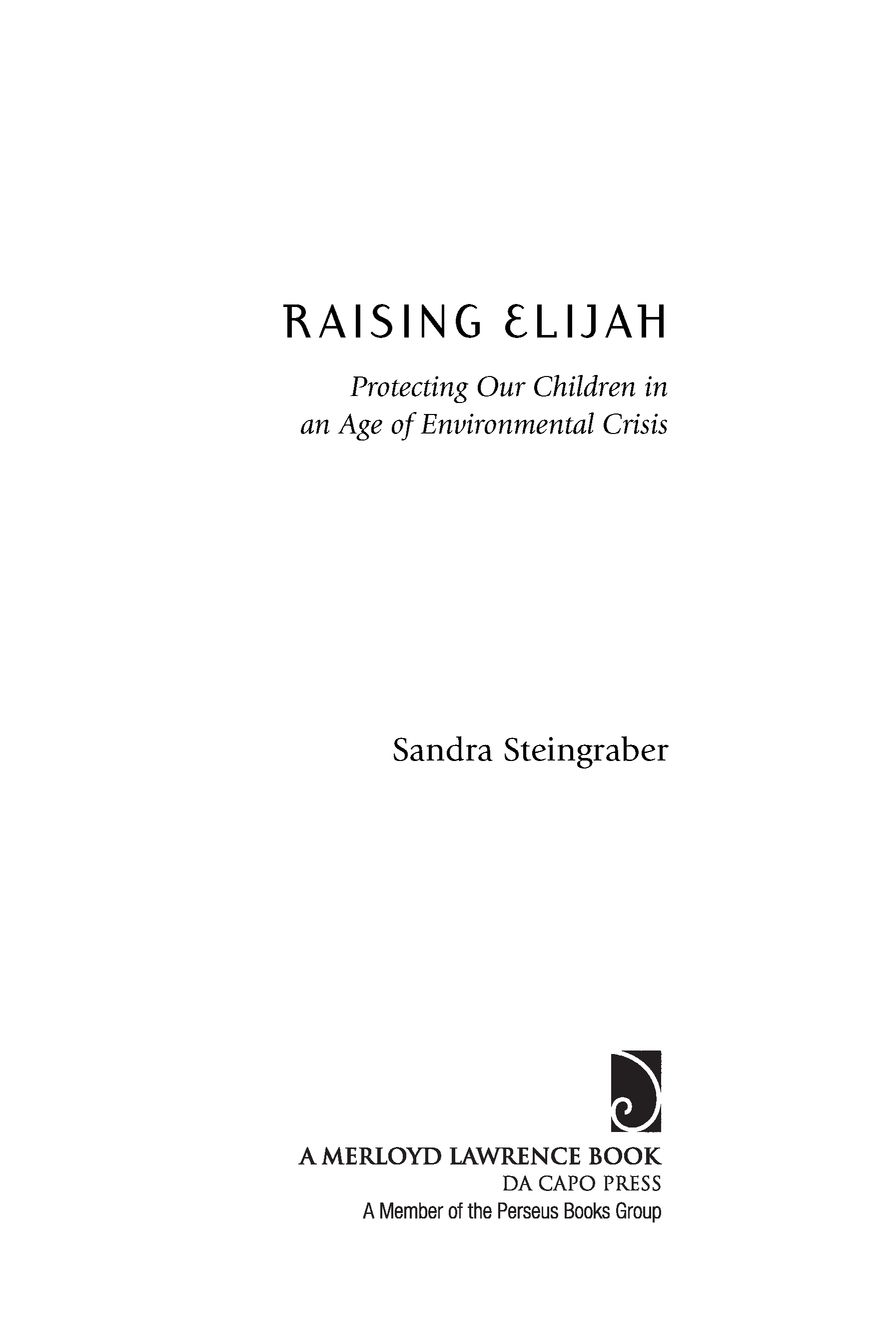Table of Contents
ALSO BY SANDRA STEINGRABER
Having Faith: An Ecologists Journey to Motherhood
Living Downstream: An Ecologists Personal Investigation of Cancer and the Environment
Post-Diagnosis (poetry)
for Elijah
and for Jeremy Armstrong
(19792002)
Ithaca is only a small island, yet it is my home and very dear to me. It is a rugged land, with narrow ways and no broad roads, and its pasture-land is best fitted for the sturdy surefooted goats. But yet it breeds fine men, brave and bold, and I long once more to see it, because, my friends, it is my home.
The Odyssey of Homer, retold by Barbara Leonie Picard
(New York: Oxford University Press, 2000)
Go from here, she said. You are in great danger if you stay. Our master is Kostchei the Deathless, the wizard of darkness. He turns to stone anyone who tries to rescue us. Only we are alive in all his realm.
She pointed to the garden and the stone statues.
Prince Ivan grew cold at her words. Only the feather over his heart remained warm.
I am not afraid, he said, though he was.
The Firebird, retold by Jane Yolen
(New York: HarperCollins, 2002)
Foreword
IN ALTON, Illinois, downstream from the river town where I grew up, the abolitionist Elijah Lovejoy was pumped full of bullets on a dark November night by a mob intent on silencing the man once and for all.
On this evening, they succeeded.
By dawn, Elijah was dead, and his printing pressthe means by which he distributed his radical ideaslay at the bottom of the Mississippi River. The year was 1837. The Reverend Lovejoy was buried on his thirty-fifth birthday.
But the story doesnt end here.
Almost immediately, membership in antislavery societies across the nation swelled. Vowing to carry on the work of his fallen friend, Edward Beecher, president of Illinois College, threw himself into abolitionist efforts and, in so doing, inspired his sister, Harriet Beecher Stowe, who went on to write the most famous abolitionist treatise of all: Uncle Toms Cabin. Meanwhile, Elijahs brother, Owen Lovejoy, turned his own house into a station along the Underground Railroad. Owen went on to win a seat in Congress, and, along the way, befriended a young Illinois politician by the name of Abraham Lincoln.
These facts impressed me as a child.
Reading Reverend Lovejoys biography as a grown-up mother, I find other things impressive. Such as the fact that, at the time of his assassination, Elijah had a young family. And yet, in the weeks before his deathwhen it became clear that the terrorist mob pursuing him was growing bolder by the hourhe did not desist from speaking out against slavery. While all around me is violence and tumult, all is peace within.... I sleep sweetly and undisturbed, except when awakened by the brickbats of the mob. So declared Elijah in one of his final speeches.
Truly? With a pregnant wife in the bed next to him and a one-year-old son in the next room? He wasnt worried?
A letter to his mother in Maine tells a more nuanced story:
Still I cannot but feel that it is harder to fight valiantly for the truth when I risk not only my own comfort, ease, and reputation, and even life, but also that of another beloved one.
And then theres this poignant aside:
I have a family who are dependent on me... And this is it that adds the bitterest ingredient to the cup of sorrow I am called to drink.
Heres something else that Ive noticed while reading his words. To the slave owners and murderous thugs, Elijah spoke calmly. He reserved his fierce language for the members of the community who gladly lived in the free state of Illinois but wished to remain above the fray: the ones who added their signatures to a resolution asking him to cease publication of his newspaper and leave town but would not sign a resolution that urged protection of law against mob rule; the ones who agreed that slavery was a homicidal abomination but who feared that emancipation without recompense to slave owners for loss of property would be socially destabilizing; the ones who believed themselves upstandingly moral but who chose to remain silent about the great moral crisis of the day.
They included fellow clergymen.
In Raising Elijah I call for outspoken, full-throated heroism in the face of the great moral crisis of our own day: the environmental crisis. And, because the main victims of this unfolding calamity are our own children, this book speaks directly to parents.
In fact, the environmental crisis is actually two crises, although they share a common cause. You could view it as a tree with two main branches. One branch represents what is happening to our planet through the atmospheric accumulation of heat-trapping gasses (most notably, carbon dioxide and methane), and the other branch represents what is happening to us through the accumulation of inherently toxic chemical pollutants in our bodies. Follow the first branch along and you find droughts, floods, acidifying oceans, dissolving coral reefs, and faltering plankton stocks. (The oceans plankton provides half of our atmospheric oxygen supply. More on this in Chapter 6.) Follow the second branch along and you find pesticides in childrens urine, lungs stunted by air pollutants, abbreviated pregnancies, altered hormone levels, and lower scores on cognitive tests.
The trunk of this tree is an economic dependency on fossil fuels, primarily coal (plant fossils) and petroleum and natural gas (animal fossils). When we light them on fire, we threaten the global ecosystem. When we use them as feedstocks for making stuff, we create substancespesticides, solvents, plasticsthat can tinker with our subcellular machinery and the various signaling pathways that make it run.
Biologist Rachel Carson first called our attention to these manifold dangers a half century ago in her 1962 book, Silent Spring. In it, she posited that future generations are unlikely to condone our lack of prudent concern for the integrity of the natural world that supports all life. Since then, the scientific evidence for its disintegration has become irrefutable, and members of the future generations to which she was referring are now occupying our homes.
They are our kids.
I mean this in the most basic of ways. When my son, at age four, asked to be a polar bear for Halloween, I sewed a polar bear costumeand I did so with the full knowledge that his costume might easily outlast the species. No other generation of mothers before mine has ever borne such knowledgenor wondered if we should share this terrible news with our children. Or not. Its a novel situation. Indeed, according to the most recent assessment, one in every four mammal species (and one in three marine mammals) is now threatened with extinction, including that icon of Halloween itself: the little brown bat. Thus, animal costumes whose real-life correspondents have been wiped from the Earth may well become commonplace.
This leads me to wonder: What will we say when our grandchildren ask us the names of the departed? When bats, bees, butterflies, whales, polar bears, and elephants disappear, will children still read books about them? Will they want to dress up as vanished species? Or, by then, will the loss of favorite animals be the least of their worries? (Talking with children about environmental devastation is the topic of Chapters 7 and 8.)


